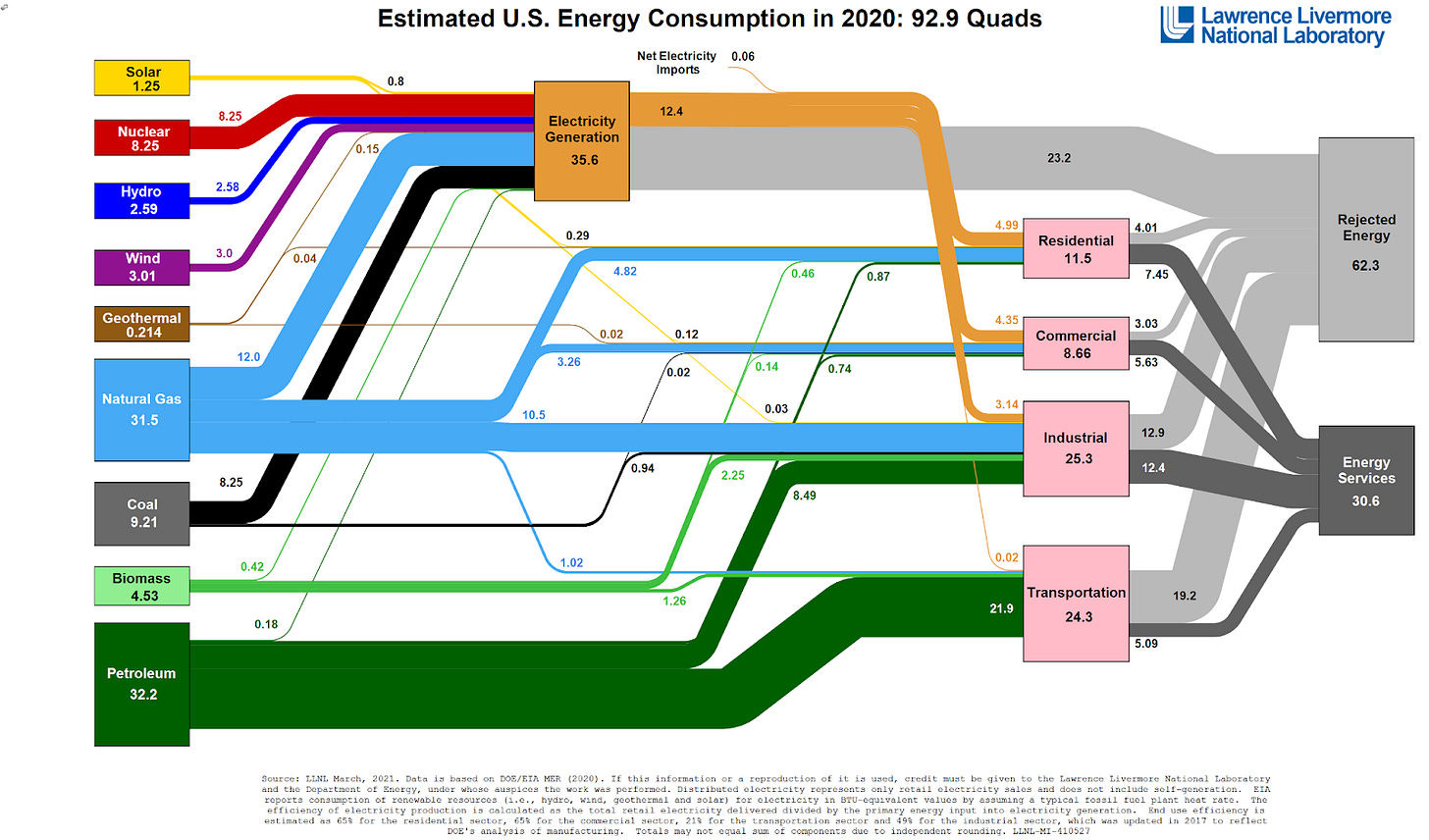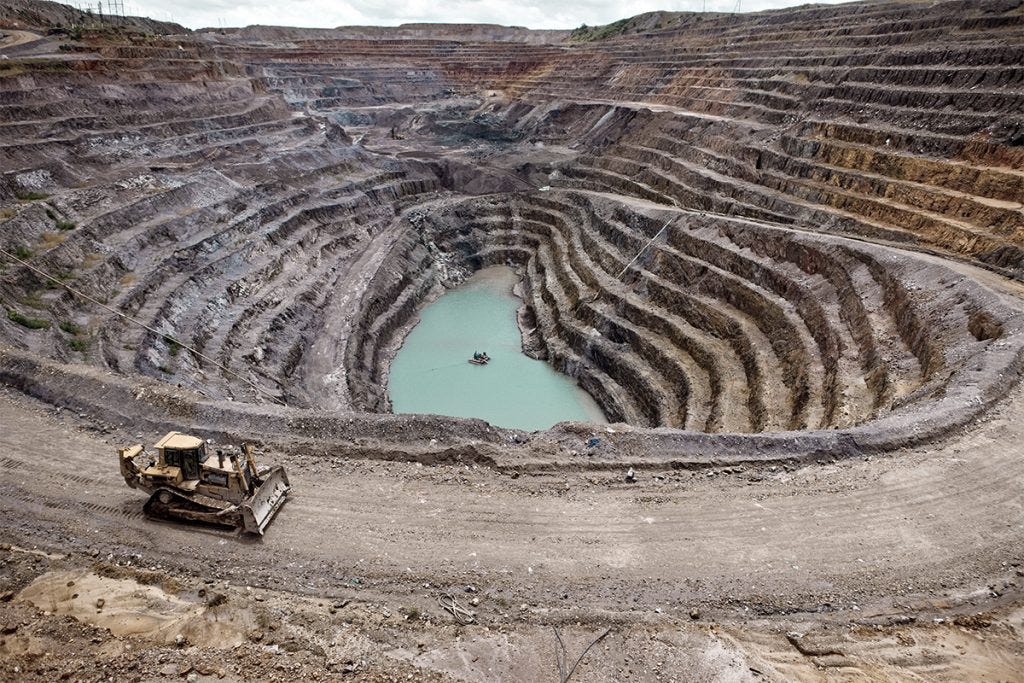Welcome to The Polymerist newsletter. This is the wild card issue where I don’t really have a specific topic to write about, but I do try and write about some of the things that have been on my mind lately. Sometimes I feel like Charlie in the picture below.
This issue is also sponsored by Task Force Talent:
There Are No Silver Bullets (other than Coors Lite)
There is no one technology that will solve the plastic waste problem or climate change. These big pernicious problems are often more complex and interconnected than we realize. Moving backwards into time is often not the solution that will “fix things.” Nostalgia is its own trap.
Plastic Waste - Ban It All
I spent a lot of time writing, Will It Compost? I spent time on that story because it challenged my previous understanding that compostable plastics could solve a large portion of the plastic waste problem. After writing it I realized that compostable plastics have their time and place, but I suspect they will not hit the scale of a commodity plastic like polyethylene terephthalate (PET). I’ve seen a lot of non-government organizations (NGOs) advocating for the banning of plastic in single use and packaging applications. If we stop producing it then the problem goes away right?
The issue with the “ban all plastic” philosophy is that it would work to some extent by stopping more plastic from being generated, but it’s not the whole truth. Our society is set-up to be dependent on abundant low cost plastic and other synthetic polymers. I really enjoy sunflower sprouts in my salads and I love being able to buy these things from my local farmers market that I can walk to, but both the sunflower sprouts and salad greens come in plastic packaging. What is the alternative packaging?
The voices that call for banning of plastic often do not present any viable solutions to replace it. Are we just going to have to rely on more paper, glass, and aluminum? If a farmer wants to transport their salad greens to the market are they now going to be using paper, glass, and aluminum? Perhaps some sort of cotton bag? Aren’t cotton bags really climate intensive? What about how farmers collect their produce from their garden?
Should farmers not be allowed to use these crates above for the collection of their produce that they pick by hand? I suppose they could transition to wood. It is renewable, it's biobased, and it's a form of carbon capture the way nature intended. If we stopped producing plastic we would have to start using way more cellulosic products such as wood and paper and start growing other forms of cellulose at scale such as hemp and bamboo. Wood, hemp, and bamboo would be susceptible to microbial degradation, absorb more water, and could become significantly heavier than plastic with that water absorption.
Long haul shipping of glass is carbon intensive due to its weight. Aluminum needs a plastic liner so it doesn’t interact with the materials that it holds inside. If we truly got rid of plastic, a cellulosic and/or a biomanufacturing solution of poly(hydroxyalkanoates) (PHAs, not fully proven out as viable just yet) is the most viable route I see if we were to stop making plastics at least for packaging.
Replacing plastic with cellulosic materials or in some niche cases PHAs makes sense, but I would predict that it would also have a few unintended consequences. I think there would be more competition for land use and we would need a lot more pulp mills that are capable of separating cellulose from lignin and hemicellulose. We would also need more water to produce paper products and water scarcity has been a problem and will continue to worsen.
We still need plastics for automobile, apparel, aerospace, composites, construction products, and electronics to name a few. Should we feel guilty for the waste that these industries produce too? Does banning plastic production work here to stop plastic waste?
Oil and Plastic Dependence In Renewable Energy Generation
One thing I’ve written about repeatedly here is the oil dependence of renewable energy. We still need to extract and refine oil to make the specialty polymers that enable renewable energy generation and storage.
Wind Energy - I’ve written about this already here and here. If you are new here then you should know that wind turbine blades are made out of about 80% glass/carbon fiber and 20% epoxy resin. Perhaps polyurethanes could displace epoxy, but there still needs to be a high value added resin to hold the fibers together. The bigger the turbines the more efficient they get at generating electricity. Wind turbine blades are essentially large composites that are further glued together with an epoxy or polyurethane and need to have a 30 year or longer service life. It’s hard for me to see an alternative to epoxy or polyurethane here.
Solar Energy - All of the installed solar panels right now require what is known as a “backsheet.” You can read about it in depth here and some of the problems with them here, but I’ll give a brief explanation. In a solar panel behind the actual things that turn sunlight into electricity there is a polymeric membrane that needs to protect the rest of the solar panel module with respect to electrical insulation and preventing corrosion of the metal parts from water. These polymeric membranes can take a real beating out in the sun so making them robust can be a challenge. The backsheets that I’ve seen have always been based on plastic laminates comprised of multiple layers of different plastics that have different functions.
Energy Storage - Lithium ion batteries are hot right now. I’m not an electrochemist and I’m sure there are better places to learn about batteries out there, but one key component of a battery is a polymeric membrane that sits between the anode and cathode. The polymeric membrane enables separation of the anode and cathode and keeps the system from shorting. This membrane enables the ions to transport between the anode and cathode during charge/discharge cycles, and in the event the battery overheats the membrane can melt and stop transport of ions. If you want to read more this is a good place to start.
Could we figure out an alternative to oil to make the chemicals required to support this industry? I think long term yes, but we would need a lot of biomass and a lot of time. I suspect we don’t have enough time to slow installation of renewable energy projects though to find a non-oil alternative. We are at about 12% electricity generation from solar and wind via the 2020 Lawrence Livermore National Lab estimated energy consumption chart shown below.
A Message From My Sponsor
Knowing a few great recruiters as a professional is important for career growth. They are looking at jobs all day everyday and thinking about their candidates who might be a good fit. If you’ve ever spent time looking for a job then you know its essentially a full time job and when you’ve already got a full time job and a family then looking for a job is the absolute last thing you want to be doing on your nights and weekends. Think about a recruiter like Task Force Talent. The best time to get a new job is when you already have one.
Our Problems Are Complex and So Are The Solutions
An easy story to understand has a well defined antagonist and protagonist. There is drama, conflict, but eventual resolution by the end. Complex stories need more time to be told. If you take anything away from this newsletter it should be that our problems are complex and so are the solutions when you actually try to implement them.
Most people shy away from complexity because it’s difficult, time consuming, and not very rewarding, but I think it's a critical piece of solving these big problems we face in the world today.
You do not need to be an expert in chemistry to know about and understand the problems I just outlined in this newsletter today. There are a lot of camps of people who want you to believe what they believe (and donate money to their cause), but I hope that you can read between the stories out there and come up with your own original ideas.
If you want something actionable you can do to help mitigate climate change then I suggest that you try not to drive or at least drive half as much as you do now. See how difficult that is and perhaps you’ll understand the enormity of the problem. Oh, you have a Tesla, Powerwall, and solar panels so you feel that you are absolved? We still need lithium and cobalt mines to make batteries.
There are no silver bullets.
Tony
If you liked this issue then check out some of the previous issues that are similar:









